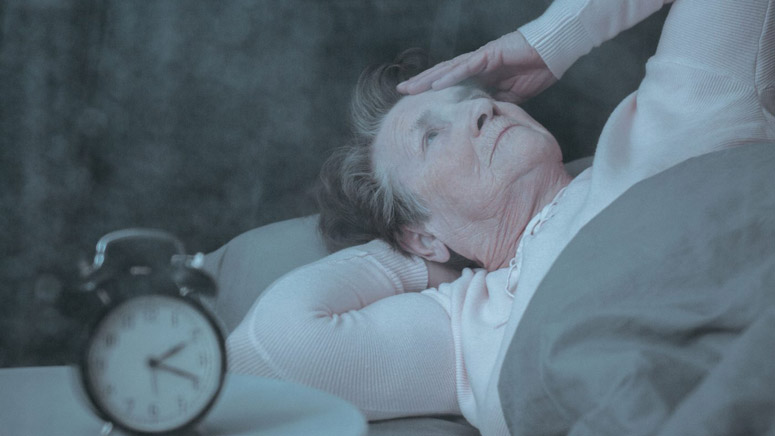What Is Insomnia?

Insomnia is known as a sleeping disorder. It is the inability or difficulty to sleep. This condition is not usually serious but may become serious if it begins to affect your regular activities. There are serious health risks and complications that have been associated with the disorder. This condition may or may not be caused by an underlying illness. Common causes of insomnia include stress and sudden changes in sleep schedule. Bad sleeping habits can also cause insomnia like late-night texting or eating right before bedtime. Psychiatric disorders like anxiety and depression can also cause insomnia. Physical illnesses, pain, medications are all common causes of this condition.
The three types [1] of insomnia are acute, transient, and chronic insomnia. Transient is the least serious form of this disorder. The symptoms eradicate within seven days and are often caused by other disorders such as stress, depression, or change in environment.
Acute is also known as adjustment insomnia and may last up until the body adjusts to a new situation. This type of sleep disorder may be brought about by a new job, during examinations.
Chronic insomnia is the most serious form of sleep disorder and may last up to several months. Studies have shown a direct link between this condition and psychiatric disorders.
Insomnia is often accompanied by other symptoms such as fatigue, irritability, and confusion. The body needs several hours of sleep to be able to perform optimally. It is no surprise that people suffering from this disorder may experience mood swings and daytime sleepiness very often.













